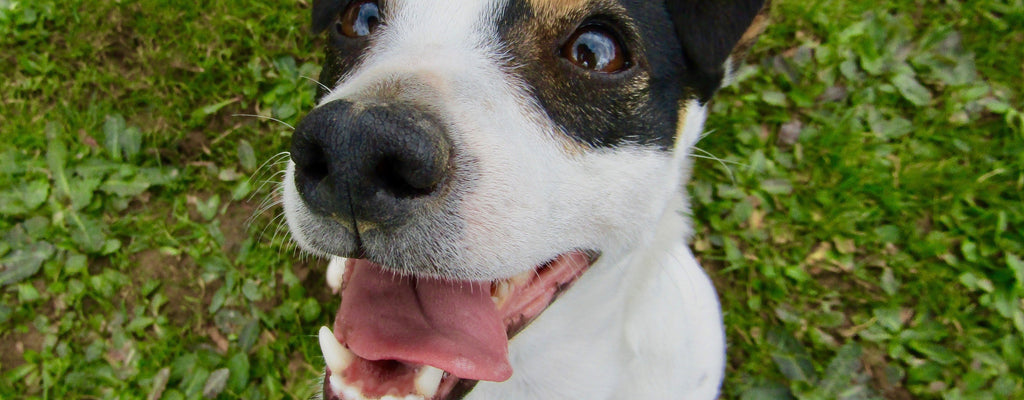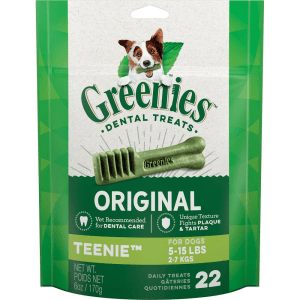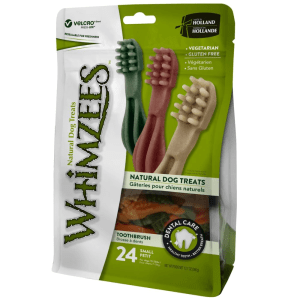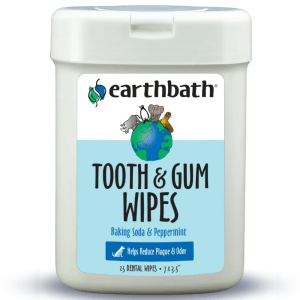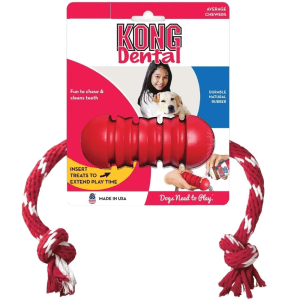Caring for your dog’s health includes taking good care of their teeth! Just like humans, good dental care for dogs is essential to a long and healthy life.
If dental issues remain unresolved, they can cause long-term health issues such as bad breath, painful infections, tooth decay and even tooth loss!
In this article, we shall provide you with tips on the best way to care for your dog’s oral health.
Why Good Dental Hygiene is Important for Dogs

Good dental care for dogs is important for good overall health in canines! Here are the most significant reasons why you should take care of your dog’s teeth.
1. Good dental hygiene will help prevent bad breath
One of the first indications that your dog’s teeth might need attention is bad breath. If your dog’s breath is suddenly foul, it’s time to tend to their teeth!
2. Proper care of your dog’s teeth will help prevent dental disease
Dogs can be prone to dental disease as early as three years old. While we may not be able to fully prevent it, we can certainly take steps to help it from becoming worse.
3. Proper dental care can prevent tooth pain
Severe dental disease is extremely painful for dogs! Just imagine how bad a toothache can make you feel — we certainly don’t want our pets to experience this kind of pain. Therefore proper dental care for dogs will prevent tooth and gum pain.
4. Good oral hygiene prevents tooth loss
Similarly to us, infected and decayed teeth can lead to tooth loss for dogs. They could become loose and fall out, or need to be surgically removed. Taking good care of your dog’s teeth will thus help prevent tooth loss!
5. Taking care of your dog’s teeth will help prevent organ damage
If your dog’s teeth or gums get infected as a result of poor dental hygiene, it can allow bacteria to enter the bloodstream, which can consequently lead to serious organ and even fatal organ damage.
What is Dental Disease, and What are the Signs in Canines?
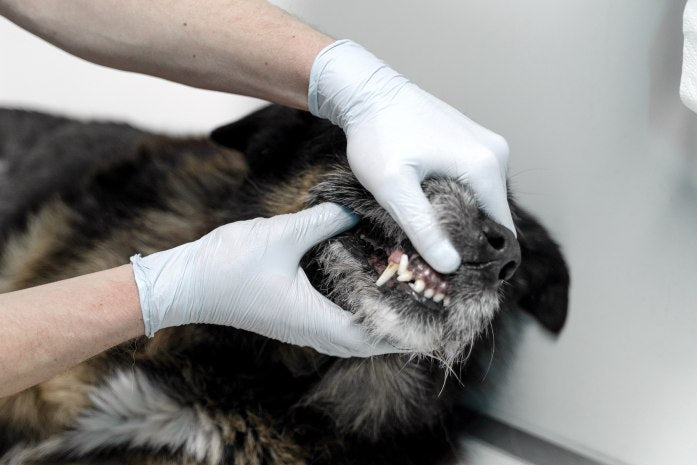
Dental disease not only affects our dog’s teeth, it also affects their gums. In most cases, dental disease starts with a buildup of plaque on the dog’s teeth. Plaque is more than just a buildup of saliva and food particles, it is filled with bacteria that can lead to a number of health concerns if not resolved.
If not removed, plaque will turn into tartar. In most cases, your veterinarian can remove it with a dental cleaning. However, if the tartar is not removed and reaches below the gum line, it can lead to issues such as inflammation and infection.
Here are the symptoms of canine dental disease:
- Loose teeth
- Broken or otherwise damaged teeth
- Bleeding gums
- Unable to consume food or water
- Drooling
- Bad breath
- Mouth pain
Caring for your dog’s teeth can help prevent dental disease from progressing, or even staring in the first place! The following are tips on how to properly care for your dog’s oral health.
Tips on How to Care For Your Dog’s Teeth

1. Have your vet give your dog a professional dental cleaning
One of the best ways to ensure good dental health for your dog is to have a professional cleaning by your veterinarian. Not only are they trained to care for your dog’s teeth, they also have the training and equipment needed to clean your dog’s teeth professionally and thoroughly.
As a result, professional dental cleanings can be quite expensive. However, they are the best way to help your dog maintain good dental hygiene. Keep in mind that this type of cleaning will require your dog to undergo general anesthesia, so that your vet is able to safely and fully clean your dog’s teeth and gums. Do discuss the risks with your vet prior to scheduling a professional dental cleaning.
2. Brush your dog’s teeth regularly
Brushing your dog’s teeth is an excellent way to help prevent plaque and tartar from forming on their teeth. While you may not feel like brushing their teeth every day, you should try to do so as often as possible, as recommended by the Veterinary Oral Health Council.
It might be a bit challenging at first, your dog can get used to having their teeth cleaned similar to having their toenails clipped. It is a basic yet essential part of dental care for dogs. Make sure you only use toothpaste that is specifically made for canines only.
Toothpaste for humans is full of toxic ingredients for dogs. Be sure to also use a toothbrush that is designed for dogs only. Your vet can advise you as to the best toothbrush and toothpaste for your dog.
3. Feed your dog dental treats
Dental treats made specifically for dental health are a good way to help remove some of the plaque buildup from their teeth. As a bonus, most doggie dental treats will also help resolve bad breath. And best yet, dogs love treats, so this is an easy win when it comes to caring for your dog’s oral health.
4. If you are unable to brush your dog’s teeth, dog dental wipes are a good option
Some dog owners might have difficulty brushing their dog’s teeth. No worries, dog dental wipes are a totally viable solution! Simply rub the dental wipe on your dog’s teeth & gums in order to remove plaque buildup.
5. Give them dental chew toys and chew treats
Another way to help remove plaque buildup from your dog’s teeth is to provide them with safe toys or treats such as edible chews. Keep in mind that rawhide bones and other such chew treats are not safe for your dog. Only give them chew toys and chews that have been approved by your veterinarian. Chewing on such things is a fun and easy way to help build strong and healthy teeth while removing plaque!
6. Include water additives, oral gels, sprays or powder in their dental care routine
There are water additives, oral gels, sprays and powder specifically formulated for dental care. They are usually fast and convenient to use, making them popular among busy dog owners. All you have to do is add them to your dog’s water daily, or apply it to your dog’s teeth as directed.
7. Look out for products with the VOHC Seal of Acceptance
Some of these products have been awarded the VOHC Seal of Acceptance by the Veterinary Oral Health Council (VOHC). This means that they meet their standards of plaque and tartar reduction. By using such products frequently and consistently, you can help reduce the occurrence of periodontal disease.
Following these simple steps can help ensure good dental health for your dog! Make sure to take your dog for their routine veterinarian checkups as your vet will check your dog’s teeth as part of their routine exam. More importantly, take your dog to see your vet as soon as possible if you start to notice signs of dental disease. Keeping your dog’s teeth healthy can help them live a long and healthy life!
